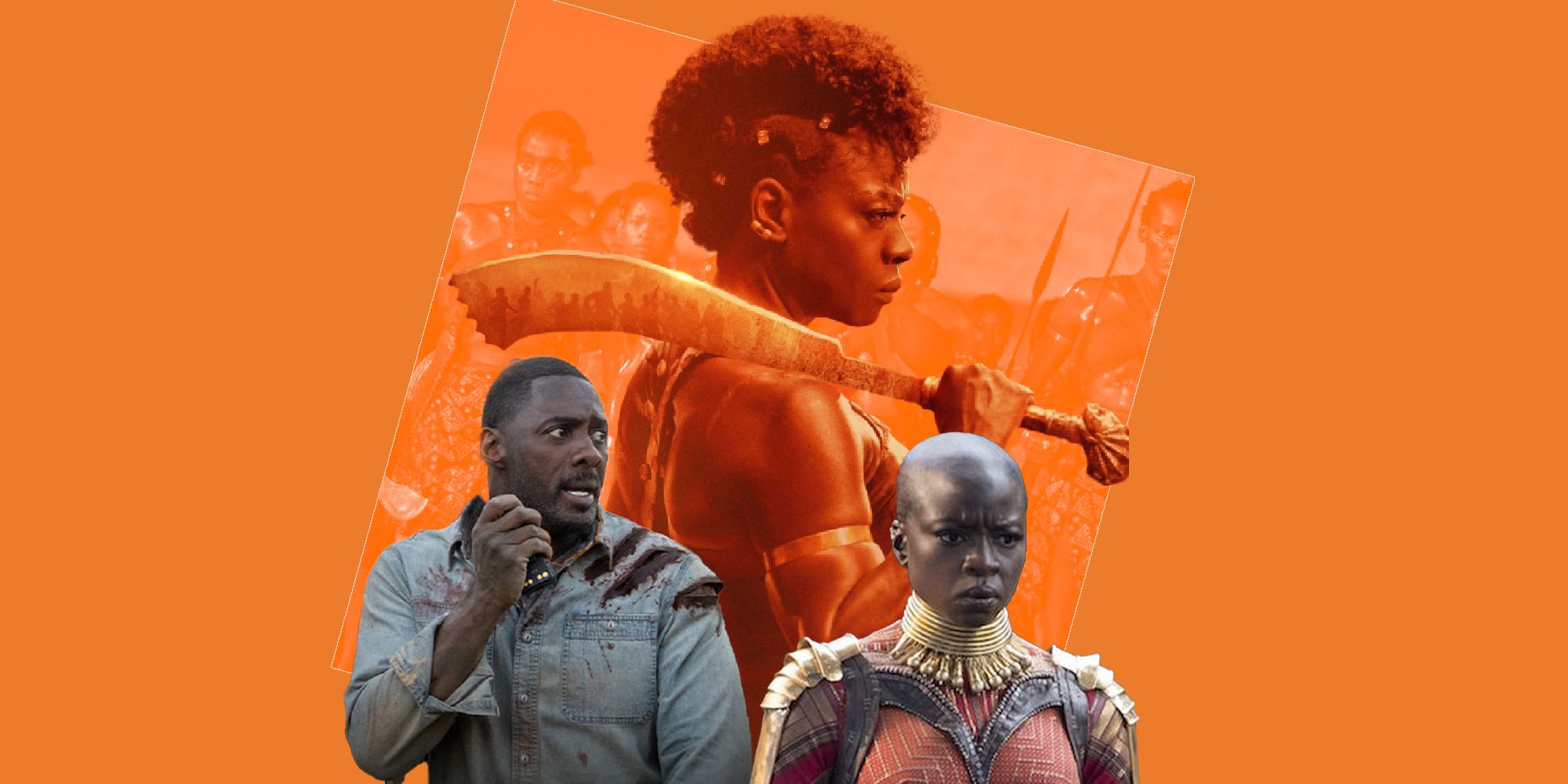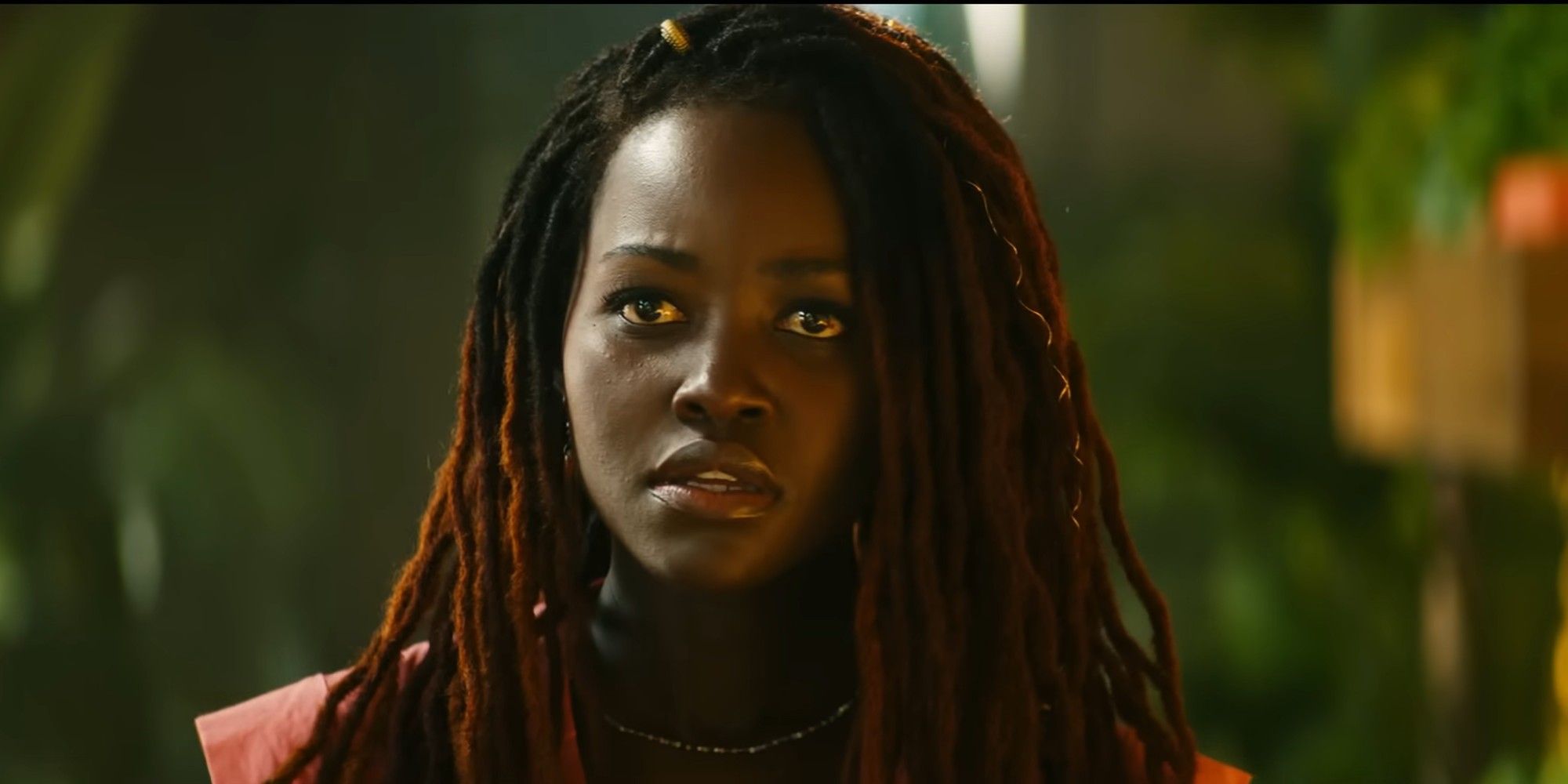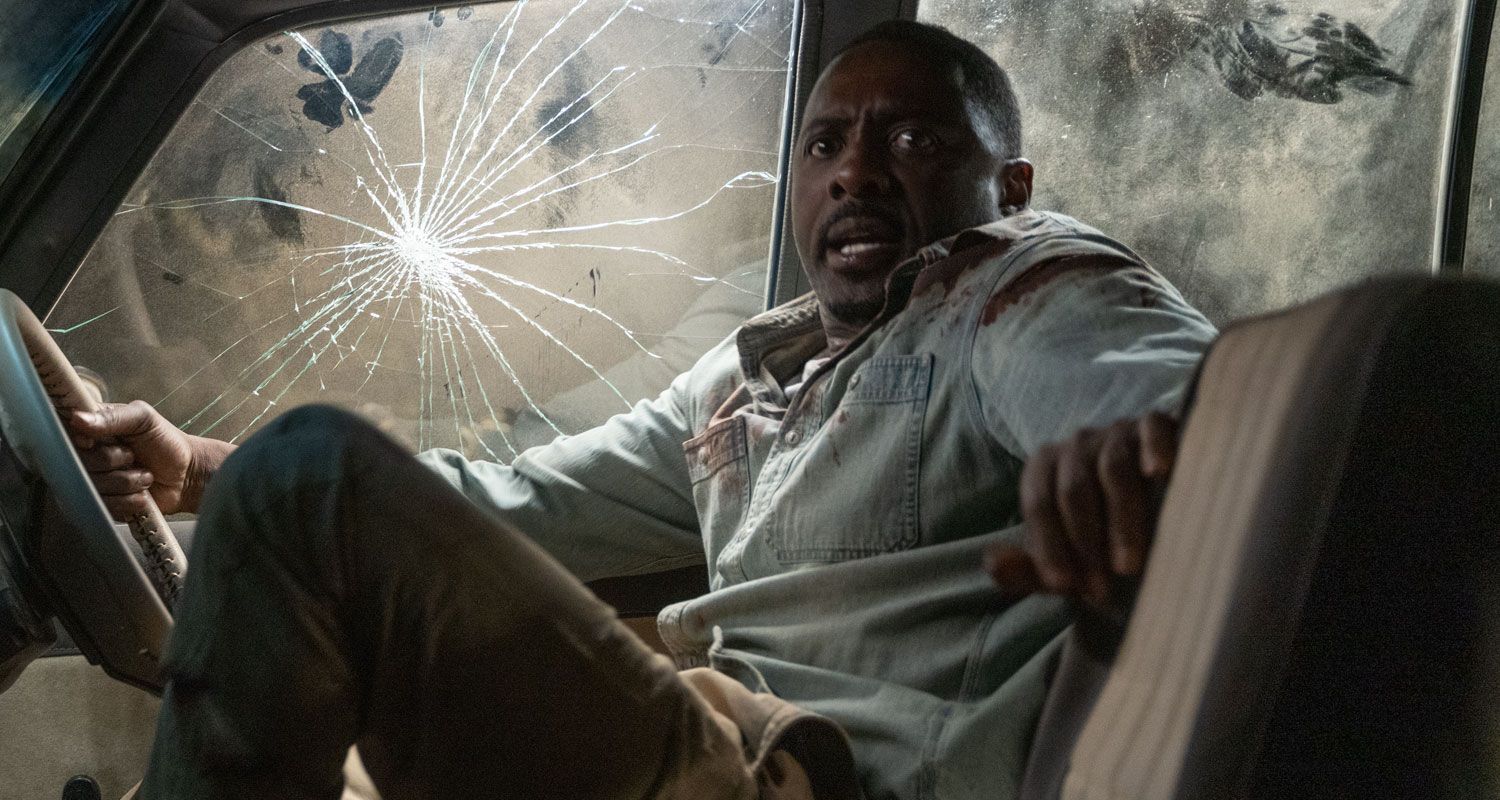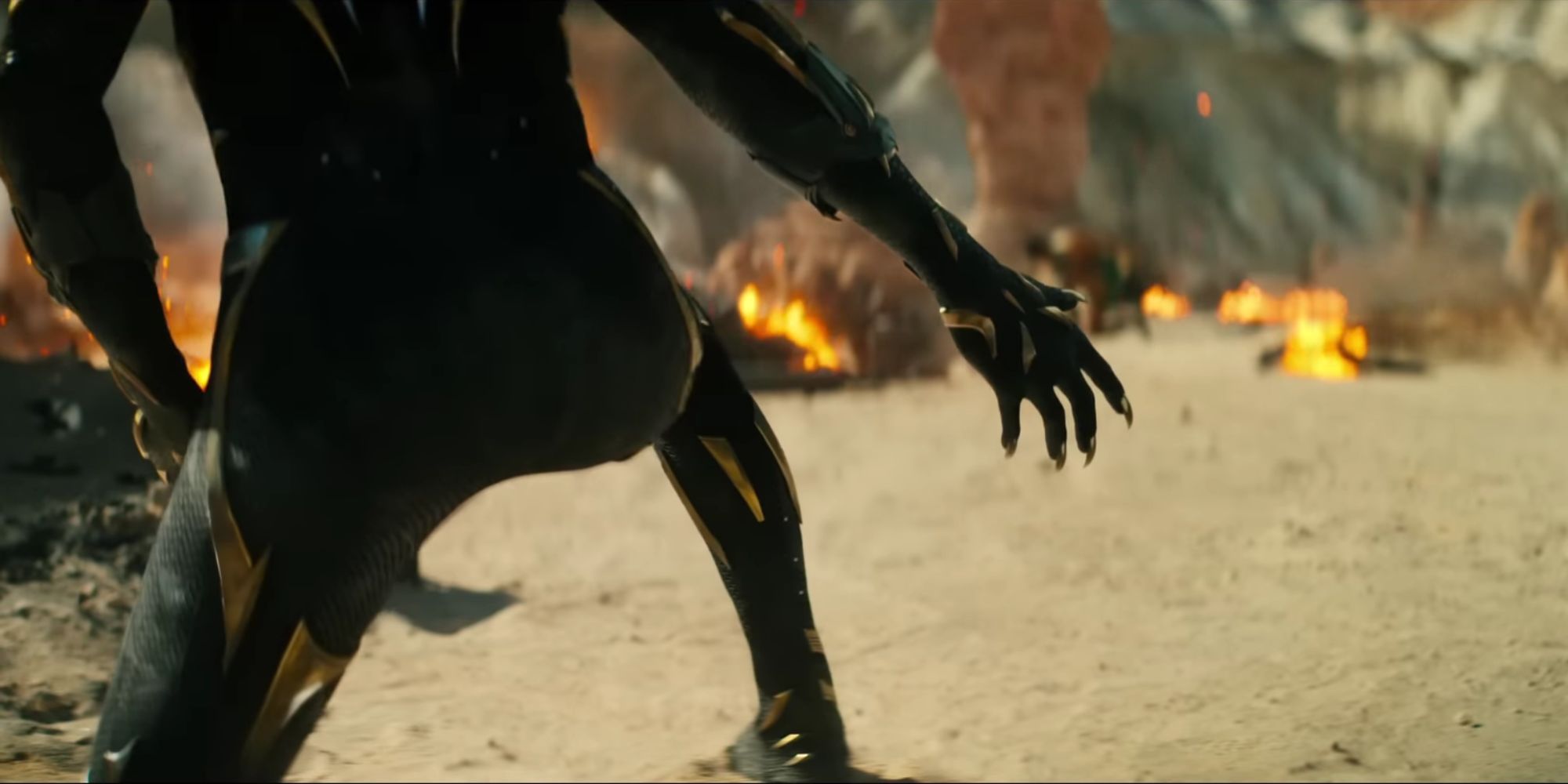Last weekend, I was sitting in the cinema when I heard a tribal song during the trailers. As the screen rolled across a sunrise over the plains of Africa, I settled in to see a new trailer for Beast, Idris Elba’s latest flick. Instead, John Boyega came on the screen, and I was confused as Beast’s previous trailer seemed plot-focussed and had not included Boyega. Then the trailer continued and showed Viola Davis, Lashana Lynch, and a radically different plot to Beast. Somewhere along the way, I realised that this was not a trailer for Beast at all, but instead for an entirely different movie: The Woman King. With this confusion comes a revelation. Maybe African cinema is finally getting its due.
In a way, I can’t be blamed for expecting a Beast trailer. The movie is slated for an August release, yet all trailers have simply said ‘coming soon’, and the last few times I’ve been to the cinema, including the press screening for Nope, the movie was preceded by Beast. But in a much more generic sense, when you go to the cinema often enough, you grow to recognise trailers. Gen Z party = Bodies Bodies Bodies. ‘60s utopia = Don’t Worry Darling. High end cutting edge restaurant = The Menu. But these are all very specific aesthetic and thematic connections.
For Beast, my brain went ‘Africa = Beast’. So few movies are set in Africa, and we have one about to release, so sure. But it’s not like this for other movies. I don’t see North America and think ‘ooh this must be She Said’. That so few movies are set in Africa is the point. Africa has a rich and often tragic history, but many films that have explored this have taken advantage of the continent. Like their colonial ancestors, filmmakers have pillaged Africa and centred on white stories. With The Woman King exploring a true tale of Africa’s history, and Beast building off its myths through the lens of the diaspora, we’re witnessing a revolution in real-time.
We also have Black Panther: Wakanda Forever joining the fray of star-studded African movies this autumn. The trailer is yet to greet me in a theatre, though I have seen it online, so I suspect it’s just a matter of time. The first time I see it may even be at Beast. Wakanda Forever, though set in a fictional country, has a crucial part to play in this ride, too.
When the first movie was made, there were doubters. Superhero movies were usually about white people dealing with problems in America. Was Black Panther going to be Marvel’s first major bomb? Instead, it was the highest grossing solo superhero movie of all time (since knocked into second by Spider-Man: No Way Home), and was nominated for Best Picture, the first (and only, depending on your read of Joker) superhero movie to receive the honour. It is far easier for Beast and The Woman King to be greenlit in a post-Black Panther world.
Black Panther did not pull its punches. The plot deals with colonialism and the wider plight of Africa, with characters who have African accents. It touches on themes of slavery and subjugation, as well as Wakanda’s duty to all African people, and never tries to neuter itself to make the straight white cis male audience, who have long been treated as the default (especially in franchise cinema), more comfortable.
Of course, to call this 'African cinema' is not entirely true. All three movies are led by Hollywood stars known for their success in the UK and the US, while two of the directors were born in California (The Woman King's Gina Prince-Bythewood and Black Panther's Ryan Coogler), and the other in Iceland (Beast's Baltasar Kormákur). True African cinema, you would be well within your rights to argue, is cinema written, directed, and starring Africans, not just stories set in the continent. Giving everyone a seat at the table should be the ultimate goal, but this autumn could be a launching pad.
These do not seem to be movies that steal the aesthetics of Africa or pillage its plight for profit, while casting Black people as naive and stupid savages in mud huts, pushed into the background as white leads steal the show. These movies are not Mogambo. Idris Elba, the star of Beast, has Sierra Leonean citizenship alongside his British one. John Boyega, one of the main supporting stars in The Woman King, has dual citizenship with Nigeria and has celebrated his heritage frequently. Lupita Nyong'o, a candidate to become the next Black Panther, is Kenyan-Mexican.
While these are not examples of grassroots African cinema, they are a sign of the times, and worth celebrating. Just as this trio might not exist without Black Panther, so it may be that films that could more correctly be labelled 'African cinema' will follow this current trend and get the platform they deserve.




